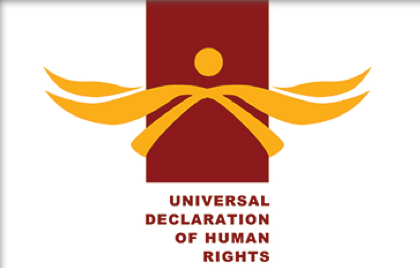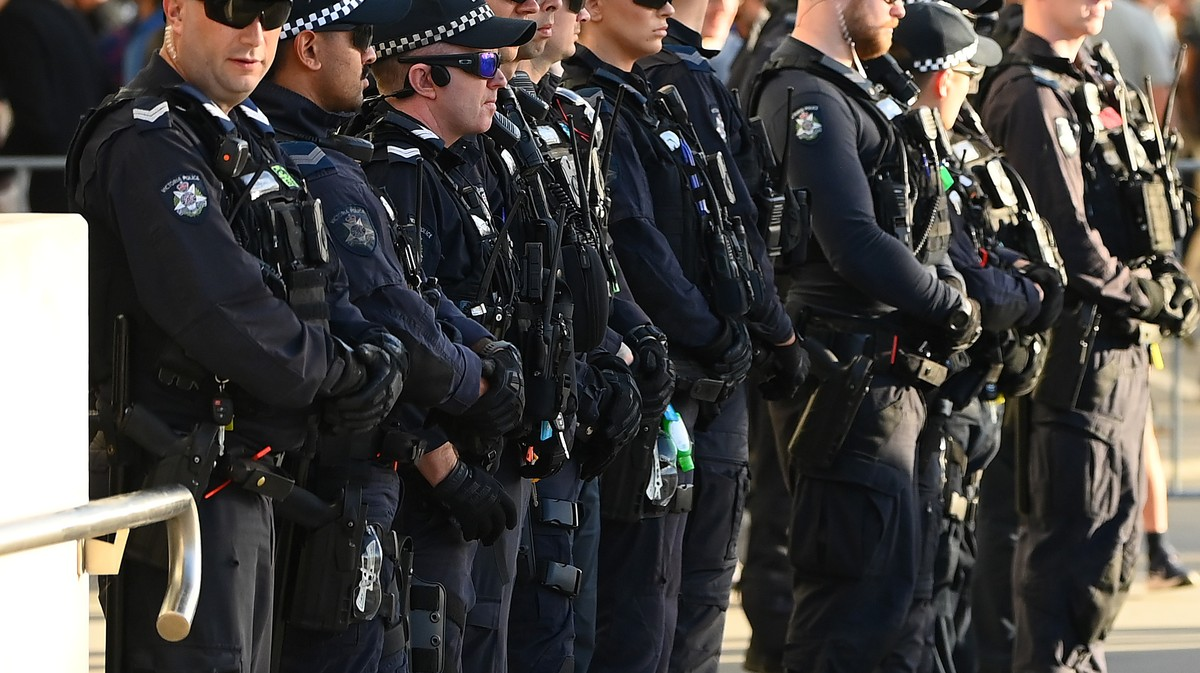A Victorian children’s court granted permanent stay of the case, and Magistrate Lesley Fleming made damning findings against police.
In the decision, Fleming found law enforcement used “the guise of a rehabilitation service to entice the parents of a troubled child to engage in a process that resulted in potential harm to the child.”
“The community would not expect law enforcement officers to encourage a 13-14 year old child towards racial hatred, distrust of police and violent extremism, encouraging the child’s fixation on ISIS,” Fleming said.
Fleming also found police had purposefully delayed charging Thomas until he turned 14, which would make it more difficult to use the doli incapax defence, which states children under a certain age cannot be held criminal responsible for their actions.
The AFP officer responsible for signing off on the operation, Deputy Commissioner McCartney, told Senate estimates he would do it again.
McCartney defended the operation on the grounds that the de-escalation techniques employed by Victoria Police’s Countering Violent Extremism team weren’t “being effective”.
I wonder if it’s a crime to encourage children to join isis? Fuck the police
I believe that these are all of the relevant fundamental human rights, but I’m not a lawyer.
From what I’ve gathered so far, Article 1 (“free and equal in dignity”) is the basis for a lot of the implied rights, like the right to clean water, so the general right to not be mistreated by police would fall under that one, I believe, but again, I’m not a lawyer.
Article 1
All human beings are born free and equal in dignity and rights. They are endowed with reason and conscience and should act towards one another in a spirit of brotherhood.
Article 2
Everyone is entitled to all the rights and freedoms set forth in this Declaration, without distinction of any kind, such as race, colour, sex, language, religion, political or other opinion, national or social origin, property, birth or other status. Furthermore, no distinction shall be made on the basis of the political, jurisdictional or international status of the country or territory to which a person belongs, whether it be independent, trust, non-self-governing or under any other limitation of sovereignty.
Article 3
Everyone has the right to life, liberty and security of person.
Article 7
All are equal before the law and are entitled without any discrimination to equal protection of the law. All are entitled to equal protection against any discrimination in violation of this Declaration and against any incitement to such discrimination.
Article 8
Everyone has the right to an effective remedy by the competent national tribunals for acts violating the fundamental rights granted him by the constitution or by law.
Article 9
No one shall be subjected to arbitrary arrest, detention or exile.
Article 10
Everyone is entitled in full equality to a fair and public hearing by an independent and impartial tribunal, in the determination of his rights and obligations and of any criminal charge against him.
Article 11
Everyone charged with a penal offence has the right to be presumed innocent until proved guilty according to law in a public trial at which he has had all the guarantees necessary for his defence.
No one shall be held guilty of any penal offence on account of any act or omission which did not constitute a penal offence, under national or international law, at the time when it was committed. Nor shall a heavier penalty be imposed than the one that was applicable at the time the penal offence was committed.
Article 29
Everyone has duties to the community in which alone the free and full development of his personality is possible.
In the exercise of his rights and freedoms, everyone shall be subject only to such limitations as are determined by law solely for the purpose of securing due recognition and respect for the rights and freedoms of others and of meeting the just requirements of morality, public order and the general welfare in a democratic society.
These rights and freedoms may in no case be exercised contrary to the purposes and principles of the United Nations.
Article 30
Nothing in this Declaration may be interpreted as implying for any State, group or person any right to engage in any activity or to perform any act aimed at the destruction of any of the rights and freedoms set forth herein.
https://www.un.org/en/about-us/universal-declaration-of-human-rights


